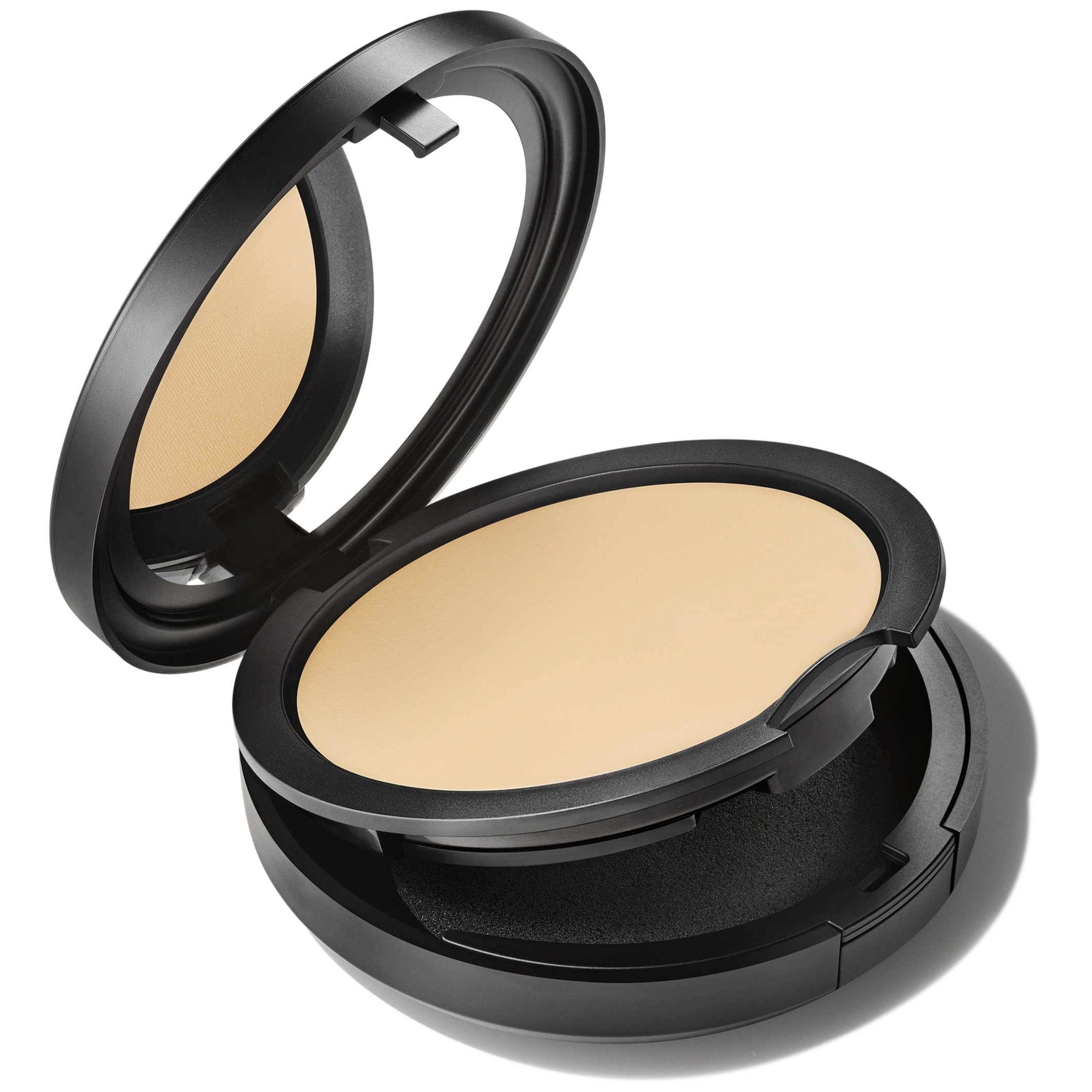L’Oréal Cell BioPrint
L'Oréal Groupe has unveiled L'Oréal Cell BioPrint, a tabletop hardware device that provides personalized skin analysis in just five minutes, using advanced proteomics – the study of how protein composition in the human body affects skin aging.
L'Oréal Cell BioPrint is made possible by L'Oréal's Longevity Integrative Scienceä, a groundbreaking approach that reveals how mechanisms in the human body can affect skin's appearance, and through an exclusive partnership with Korean startup NanoEnTek. L'Oréal Cell BioPrint produces a personalized skin assessment in minutes including:
Skin's Biological Age: How fast is skin aging? L'Oréal Cell BioPrint can calculate skin's age and provide personalized advice on how to slow down the appearance of aging.
Ingredient Responsiveness: Will certain active ingredients work on one's skin? L'Oréal Cell BioPrint minimizes guesswork by helping to predict responsiveness to certain key ingredients such as retinol.
Shifting from Reactive to Proactive Skincare: Is one's skin prone to dark spots or enlarged pores? L'Oréal Cell BioPrint can help predict potential cosmetic issues before they become visible, enabling users to take proactive steps to help protect the beauty of their skin.
"At L'Oréal, we're always looking toward the future of beauty, blending cutting-edge discoveries with our long-standing beauty expertise. With skin being the largest organ, and a key part of people's wellbeing, we are thrilled to unveil Cell BioPrint, an exclusive microfluidic lab-on-a-chip technology coupled with our century-long skin science leadership. With the Cell BioPrint device, we offer people the ability to discover deeper insights about their skin through specific biomarkers and to proactively address the beauty and longevity of their skin," said Barbara Lavernos, Deputy CEO in charge of Research, Innovation and Technology at L'Oréal Groupe.
The growth of the global skincare market, which is projected to reach $125 billion in 20241, is driven by consumers who are continuously seeking more information about, and more efficacious products for, their unique skin. According to a recent US survey of 2,000 skincare users, nearly 80% reported relying on trial and error to determine what worked for them, with the average person reporting trying seven different cleansers before finding one they love2.
The advanced science in L'Oréal Cell BioPrint is now being applied to skin intelligence thanks to decades of knowledge-building and innovation by L'Oréal's Advanced Research team, which identified for the first time, unique biomarkers in the skin that can indicate key components of healthy-looking skin and longevity3.
The L'Oréal Cell BioPrint device also features NanoEntek's exclusive microfluidic lab-on-a-chip technology, which leverages some of NanoEnTek's 100+ patents to measure the presence of L'Oréal's groundbreaking protein biomarkers in five minutes. It works through a simple, non-invasive process comprised of the following steps:
Put a facial tape strip on one's cheek, then place into buffer solution.
Load the solution into the L'Oréal Cell BioPrint cartridge and insert it into the machine for analysis.
While L'Oréal Cell BioPrint processes the sample, the Skin Connect device takes several images of one's face and a short questionnaire about skin concerns and aging is completed.
L'Oréal Cell BioPrint is scheduled to pilot with a L'Oréal brand in Asia later in 2025.











